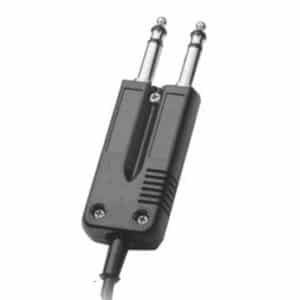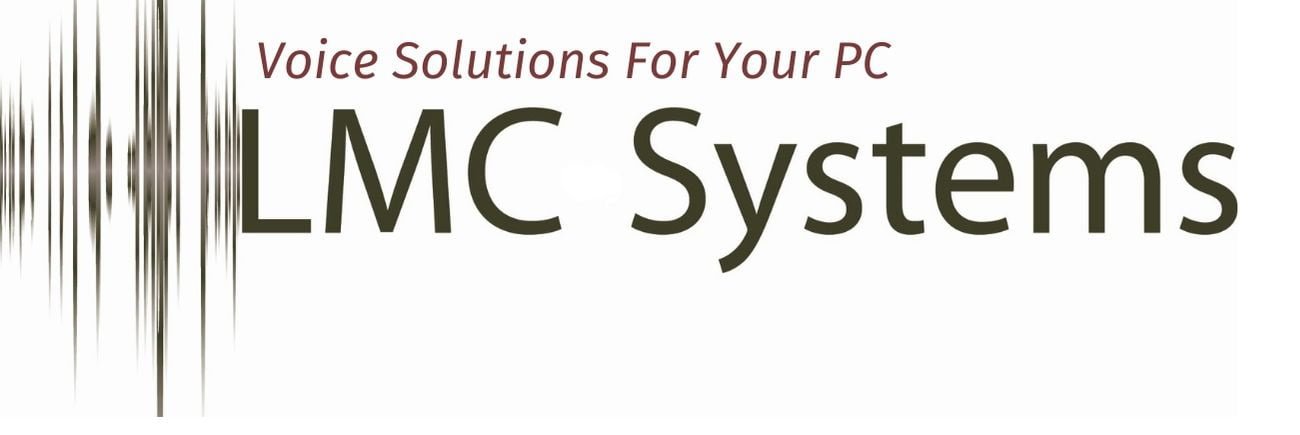Adapting legacy handsets to a USB environment is an ongoing challenge as older technologies are aging-out and USB communications becomes the standard for PTT and audio communications, as well as voice control for software applications.
A case for Handset PTT
A customer was upgrading their communication system but did not want to give up the legacy handsets with the long frame, dual plug connector that was original to the Zetron equipment they had been using. The most common part numbers for these connectors / plugs are PJ7, WE425, and WE425A.

The Project
LMC Systems was tasked adapting a legacy handset to a computer via USB to integrate with the customer’s host software application
Creative two-part solution
This was a two part process.
The first part was matching the transmit and receive of the handset with the levels of the USB audio CODEC. This was a simple case of using analog electronics on both the transmit and receive sides of the handset to match the levels required by the USB audio CODEC.
The second, more difficult part was turning the handset PTT (Push to Talk) into something the computer’s voice software would understand. The customer agreed that a keyboard keystroke could be accepted by the host software as a shortcut or hotkey for PTT.
LMC Systems engineering staff designed a single keystroke to be sent, which would be activated by the contact closure on the handset. This “hotkey” would not interfere with other applications on the computer because the combination was so unusual in nature. It was mutually agreed that the key configuration would be Ctrl-Alt-Shift-a. This proved to be a successful key combination that worked well for the customer.
No specialty drivers required
This design was completed without the use of any special drivers being required. Programming is done via firmware or the use of existing drivers built into the Windows™ O.S. This feature, which is built into every LMC product means that no additional IT resources: approvals, technician installation, etc is required.
The end result was a functioning legacy PTT handset communicating with VoIP software on a computer via USB. The customer response was extremely positive.
LMC Systems had met all of the customer’s needs for adapting PJ-7 handsets to USB and utilizing new and legacy technology together to meet customer requirements
This empowered the customer to extend the life of the legacy handsets, reduce the load on the recycling system, and save money by not having to buy replacements.
